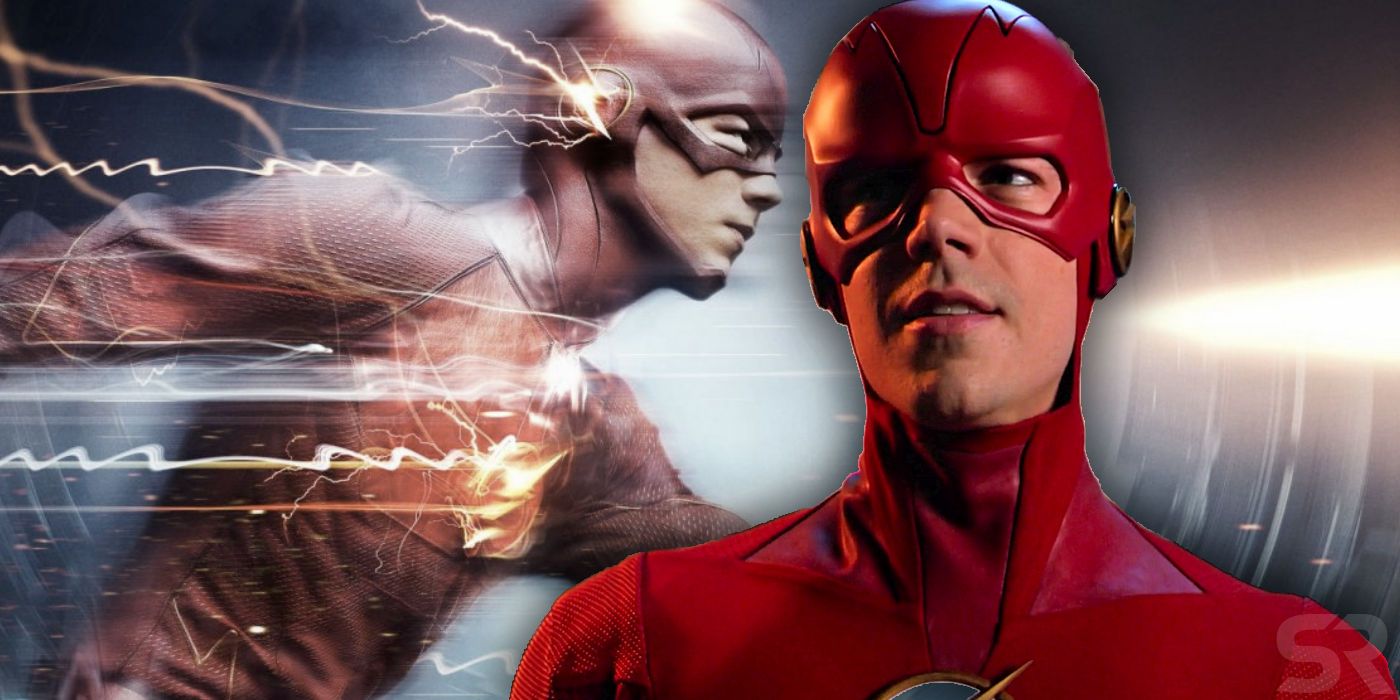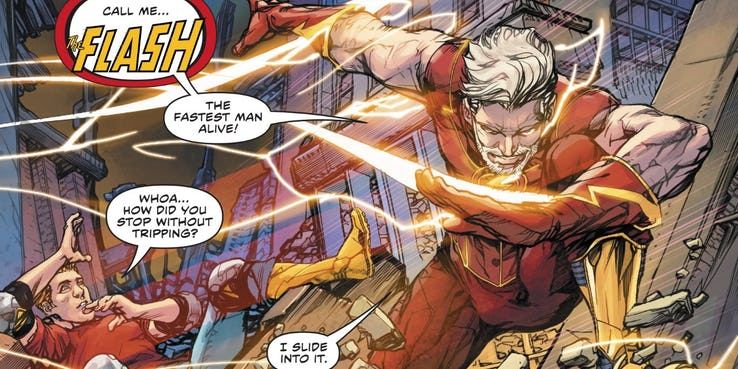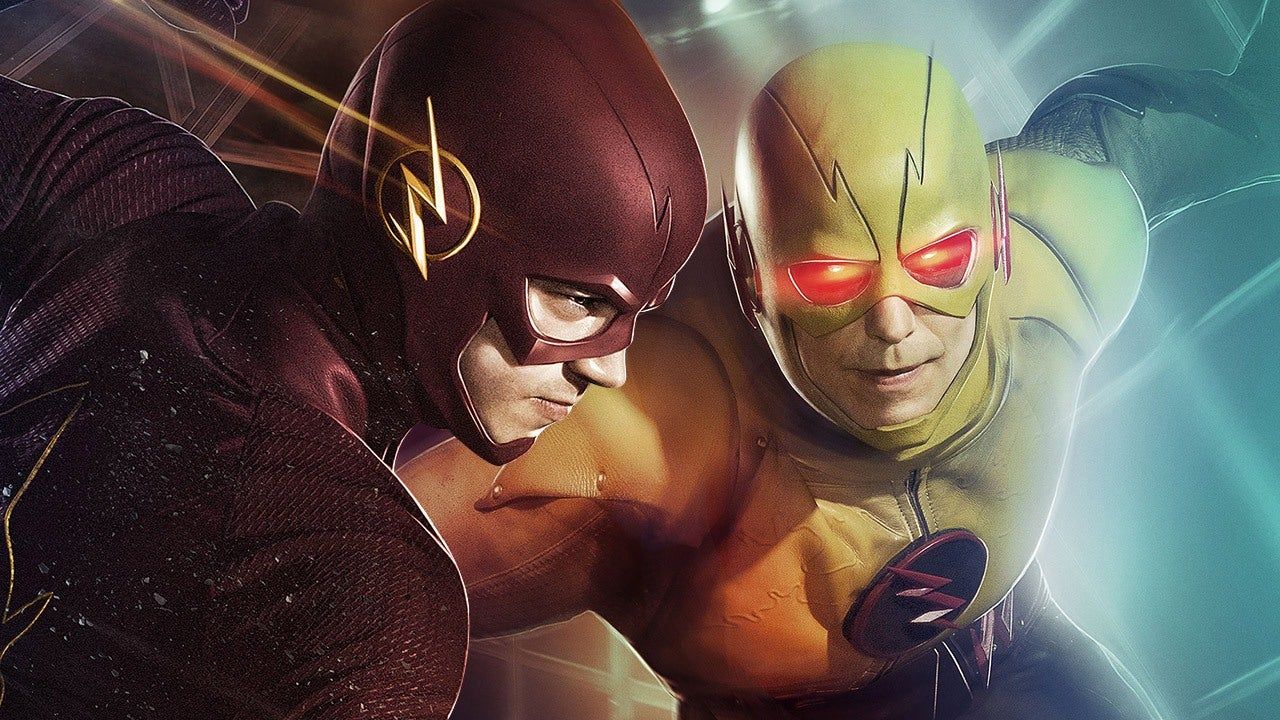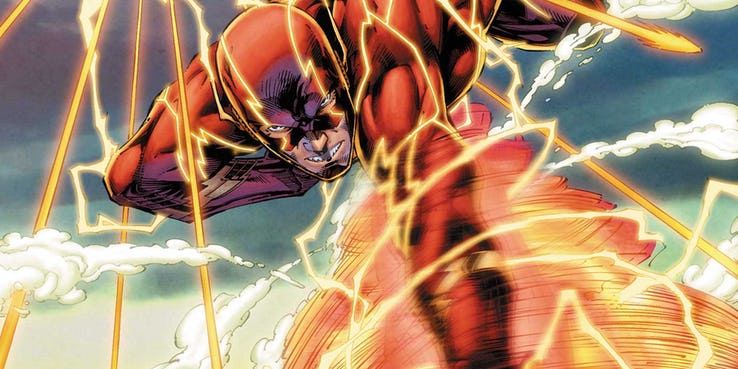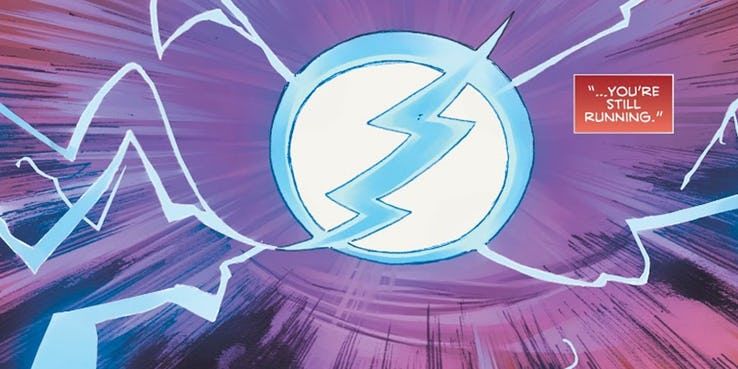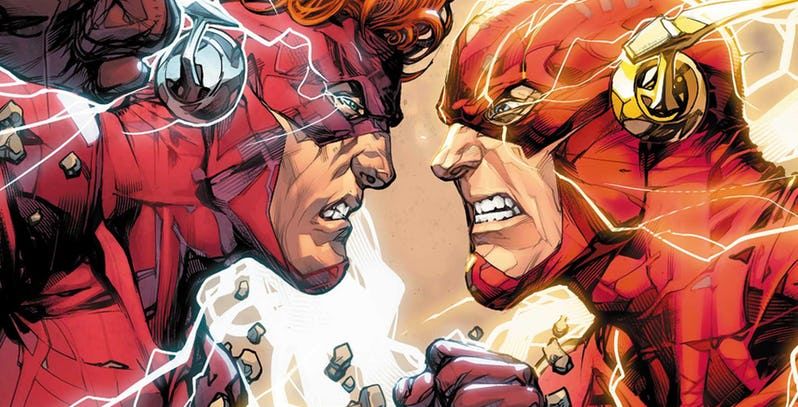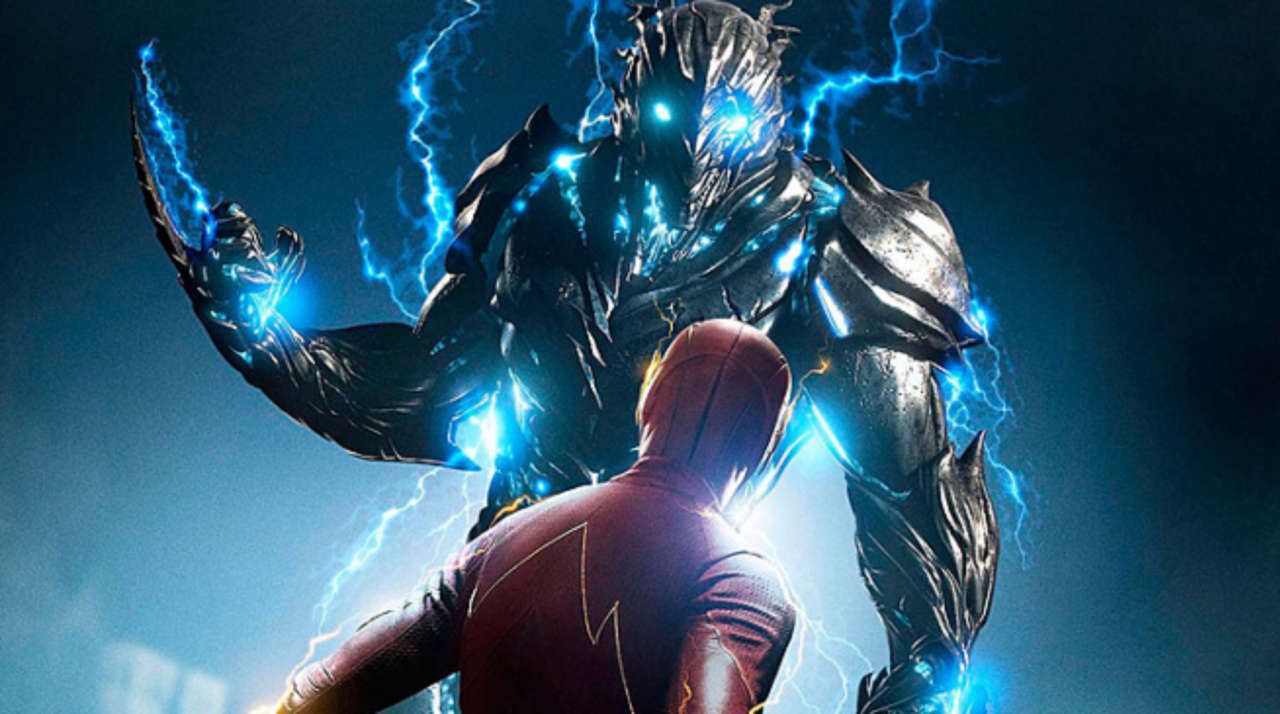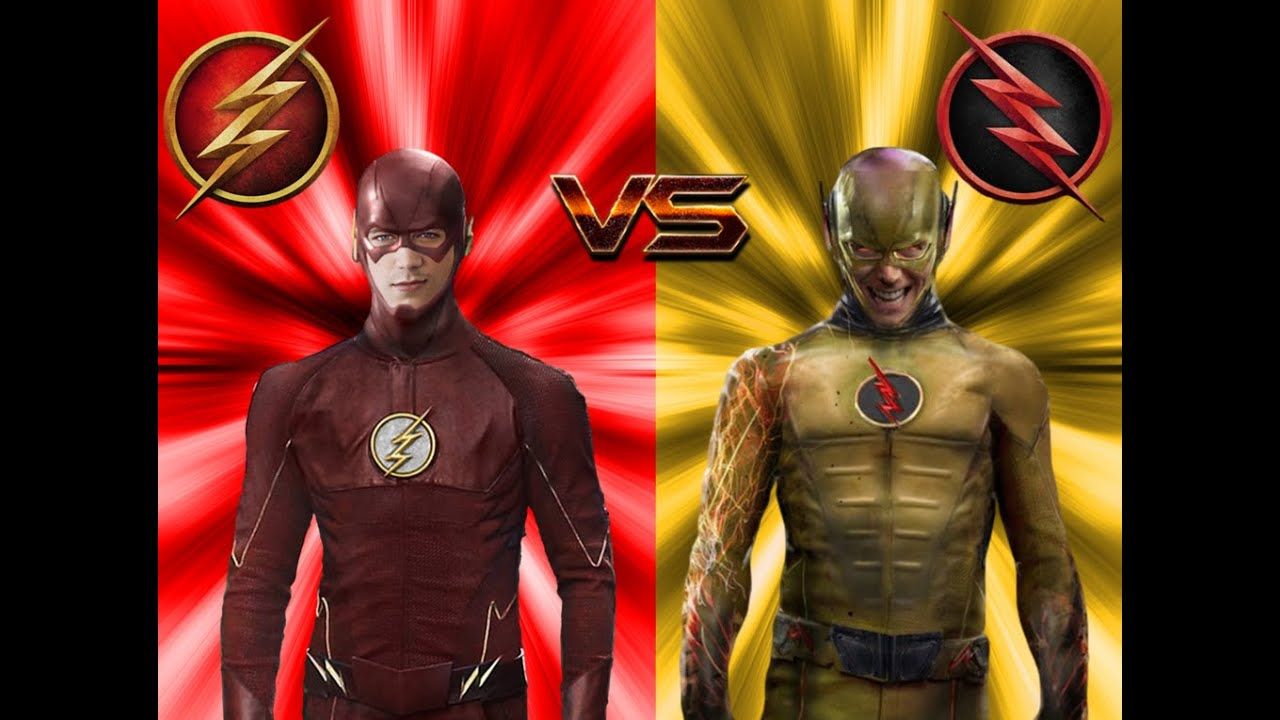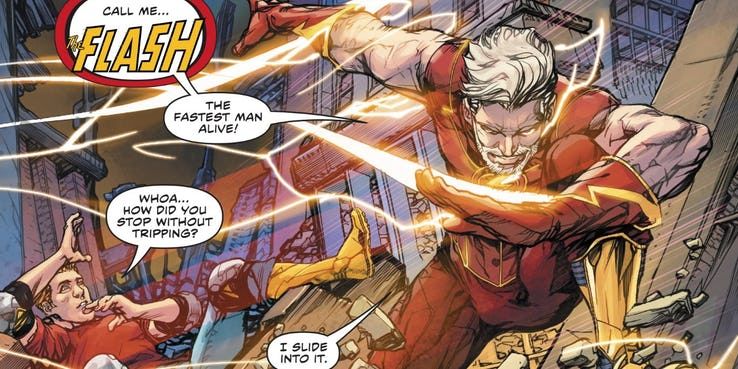The DC Multiverse concept presents an opportunity for interesting viewing. It also presents numerous challenges for scriptwriters, who must employ some form of 'Multiverse' law to keep things in the show's narrative running smoothly and comprehensively for viewers. According to DC Multiverse theory, Earth-One and Earth-Two are two of many worlds existing alongside one another to form the greater universe.
It is assumed that The Flash and the other characters exist on Earth-One or the default universe and that through time travel they are able to unlock other worlds. However, it would seem it is not as simple as that, with numerous hiccups concerning the Multiverse present in the series:
How much does time travel really affect?
According to the series' narrative, traveling through time causes a ripple effect throughout all of history. For this reason, the speedsters are warned not to alter the timeline without due consideration. In the first two seasons of the show, this logic is adhered to.
However, later episodes make fuller use of time travel, with very little of this time travel actually affecting the timeline. Fans have to ask whether in the future all of the time travel happening in the series will have catastrophic consequences or whether this logic was just a mechanism set in place by narrators who choose to ignore it when it suits them.
Shouldn't all bad things be fixable by time travel?
Time travel should allow for a more perfect universe, not so? This is because the time traveler should have the tools and means for fixing all bad outcomes. It is assumed that the actions and choices of characters in the series have actual consequences. At the same time, it is suggested through the narrative of The Flash that through time travel, Barry is able to fix bad things by literally undoing them. If this is the case, then why doesn't he fix every bad outcome? Fans could argue this wouldn't make for interesting viewing as a perfect universe or utopia would be plain boring!
Time travel rules contradict Legends of Tomorrow
The narrators of The Flash have the added task of coordinating the narrative to fit with narratives of other DC Multiverse-linked shows. The Multiverse of The Flash, however, has time travel rules which contradict Legends of Tomorrow (which shares the ‘Multiverse’ with the series).
It would seem the narrators of the show haven't collaborated over timeline rules. This could present problems in future scripts. In The Flash, characters are more responsible about time travel and its implications on the timeline, however, in Legends of Tomorrow, rules don't get in the way of an explosive storyline.
Where are the Time Masters?
Sharing the Multiverse with Legends of Tomorrow would surely mean that the timeline of The Flash and its corresponding laws are governed by an overseeing body, as in the first-mentioned series. However, in The Flash, the multiverse remains ungoverned by the Time Masters whose task is to keep the timeline of Legends of Tomorrow in check. This seems a minor detail, however, when fans get to really thinking about it, it seems a real deal breaker. Surely, a believable Multiverse should abide by one set of rules?
Problems with the law of speed
Running fast allows The Flash to traverse time and it should also give him the absolute superior edge in all fights. However, this law doesn't seem to always apply in combat with villainous characters. Quite simply, considering Multiverse law, The Flash should always be better at fighting. He should basically win every fight and every combat situation should end within less than a second. However, he is still given a hard time by much less able villains. This ‘iffy’ predictability concerning his fighting ability makes one question the immutable laws of the Multiverse which he calls home.
The problem with Savitar
Circular paradoxes and strange explanations abound when a Multiverse is present. For example, the character of Savitar is explained as being an offshoot, if you will, of Barry (also The Flash) – only altered by the change of timeline and resultant consequences of parallel time and altered events. Viewers might be left slightly confused by Savitar’s appearance in the show. The entire concept of time and its functions and features remains quite sketchy, and fans might not quite be able to grasp Savitar as a time remnant of Barry Allen from an erased future where Iris perished. Even writing such an explanation provides something of a challenge.
The question of his mother
Barry Allen is constantly warned not to mess with the timeline. However, he makes an exception to save his mom, battling to deal with her passing. He finally goes back in time and manages to stop the Reverse Flash from killing her. This turns out to be a bad decision.
As it would turn out, the new altered timeline, caused by Barry’s disobedience to warnings, is actually worse than the first one, for Barry! Why he messed with the timeline even after being warned not to do so remains a mystery!
Barry shouldn't be alive
The fact is that according to Multiverse law, Barry Allen shouldn’t even be alive. So then why is he! The curious character has had a decidedly tragic history, and there are many questions about why his history has affected the timeline in certain instances, and not in others.
There is something about Barry’s seemingly less tragic present which leaves viewers questioning his past. Is he over his seemingly bad luck-ridden past or has he mastered the timeline sufficiently to justify why he seems to be evading tragedy in the present?
Conversations with self
The Multiverse is a place where you can theoretically help yourself. This is evidenced in an encounter between Barry Allen and the older Flash. In this episode, Barry stumbled through space and time to find himself face to face with – himself.
Still, he is unable to recognize himself, unlike the older Flash who realizes straight away he is with a younger version of himself. Identifying himself as the older Barry or Flash, he then imparts wisdom to his younger self, explaining to the younger Barry that Central City had fallen under the rule of the Turtle and how he wishes he had taken the threat more seriously.
Could the real Barry Allen please stand up?
Meetings between old and younger selves can bring confusion not just to the viewers but also the characters. When young Barry meets older Barry, who is the real Barry? Such a sensitive encounter takes place when a significantly older Barry Allen tells his younger counterpart that he isn't just Barry Allen, he is THE Barry Allen.
Oh dear and as if life wasn’t already complicated enough. Previous episodes suggest parallel universes but what the older Barry says brings this into question. He professes he remembers the encounter with his older self as a younger speedster, a statement which potentially brings the notion of parallel universes into question.

